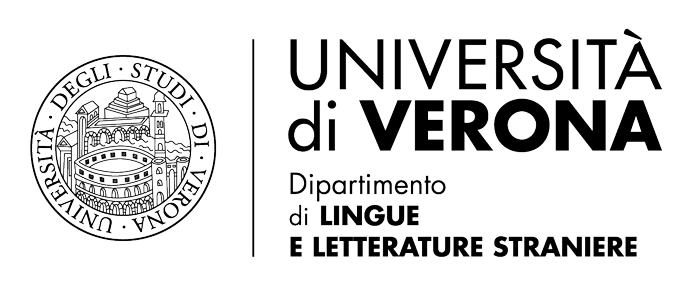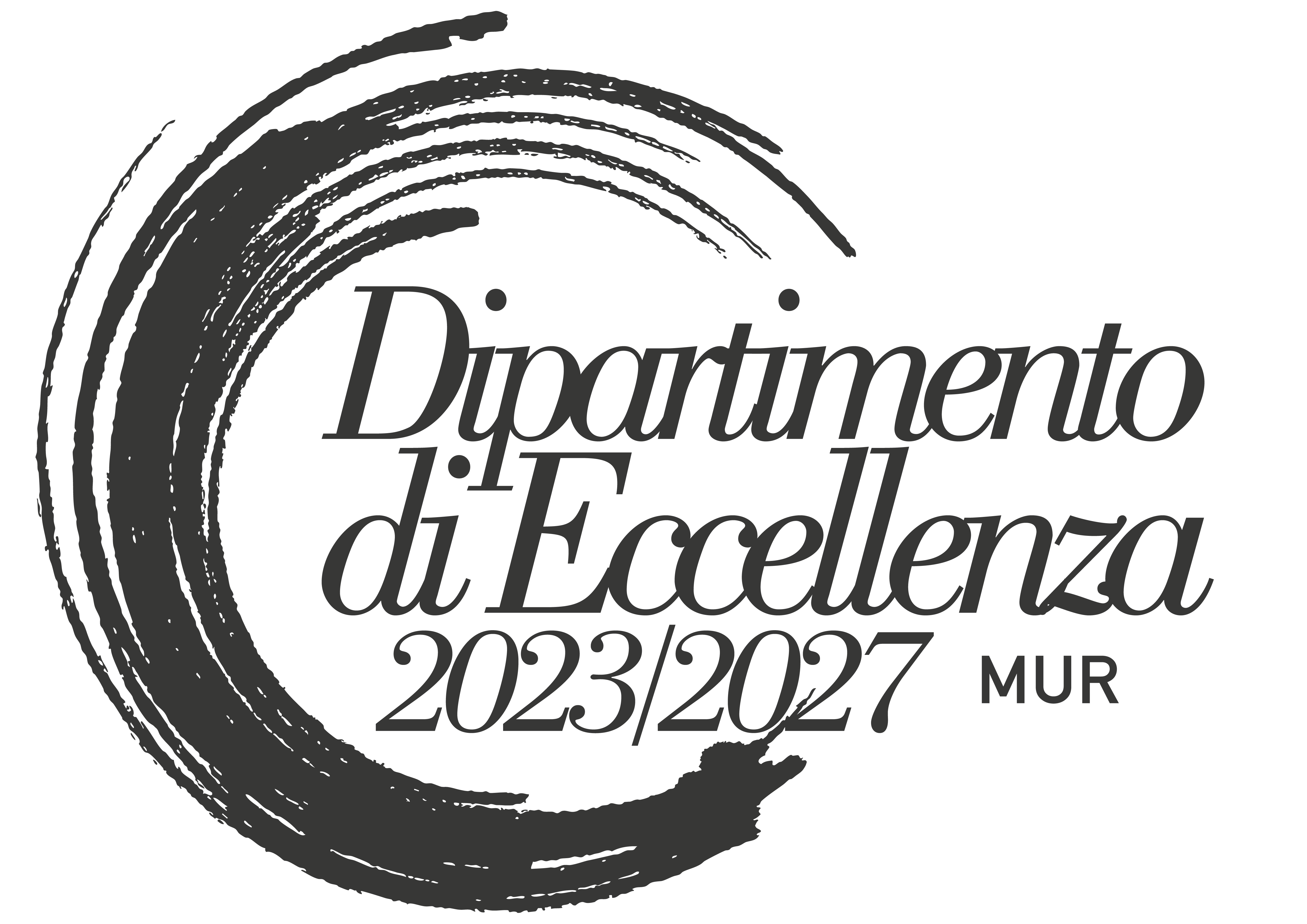![]()
The seminar “The Guilt of Being a Woman: Ophelia Between Rewritings and Iconography”, led by Sandra Pietrini from the University of Trento, took place on Wednesday, 3 April, as part of the “Accessing Ophelia” project, a sub-project within the literary scope of “Inclusive Humanities. Development Perspectives in Research and Teaching of Foreign Languages and Literatures” (2023-2027).
The event, organized by Dr. Emanuel Stelzer from the department of Foreign Languages and Literatures, delved into the figure of Ophelia, one of the main female characters in Shakespeare’s tragedy Hamlet. Over the centuries, Ophelia—through the rewritings of the tragedy and in iconography—has been taken as a symbol of virginal and innocent purity, of a lunar femininity destined to succumb. Through a historical overview aimed at identifying the characteristics assumed by the character in various eras and contexts, the seminar sought to offer a piece to help better understand Shakespeare’s attitude towards women, as well as to identify the meaning behind certain traits attributed to Ophelia in the centuries that followed, when the reinterpretation of her figure, often central to the tragedy’s pathos, created deep resonances in the collective imagination.


